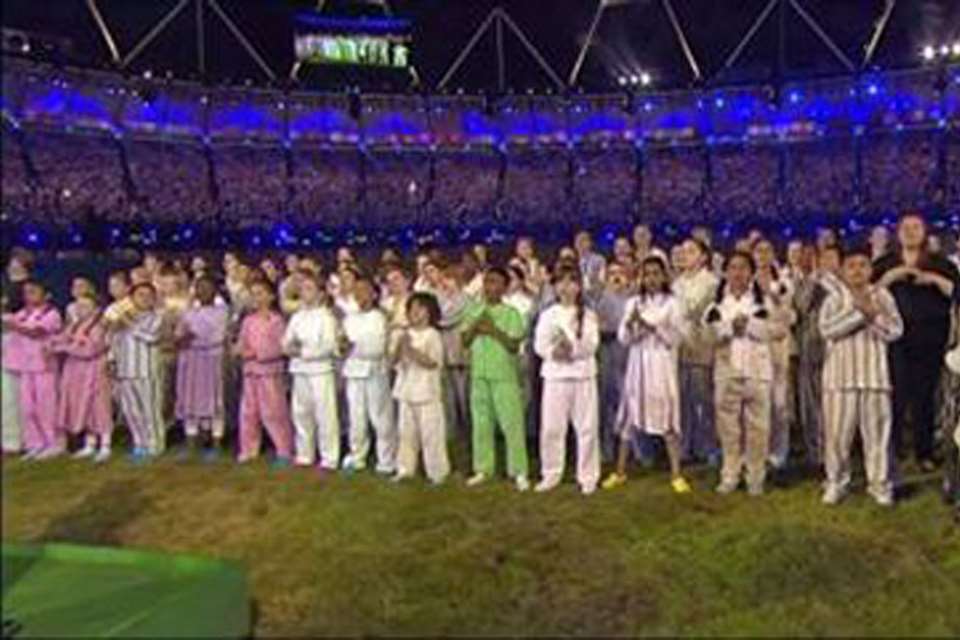Call for specialist support for 45,000 deaf children in ‘crisis’
Monday, January 8, 2018
According to new research, specialist teachers of the deaf have been cut by 14 per cent in the last seven years, while the number of children needing support has risen by 31 per cent.

At the same time, 57 per cent of existing specialist staff are due to retire in the next 10 to 15 years.
The Consortium for Research into Deaf Education (CRIDE), which carried out the research, supported by the National Deaf Children’s Society, said the findings show the system for supporting England’s 45,631 deaf children is in ‘complete disarray’.
CRIDE’s seventh annual survey on education staffing and service provision for deaf children, which covers the 2016/17 academic year, is based upon responses from 132 services in England covering 150 out of 152 local authority areas. The remaining two local authorities were not contacted as they did not have any deaf children in their area.
The main findings of the survey include:
- there has been a 14 per cent reduction in the number of employed qualified teachers of the deaf since 2011;
- the number of specialist support staff working with deaf children has fallen by 9 per cent since the previous academic year;
- the number of deaf children has risen by 31 per cent in the last seven years;
- of the 45,631 deaf children in England currently, 6,513 are nursery age and 19,714 primary aged;
- 2,590 pre-school children who are deaf attend early years settings;
- 15 per cent of councils have one specialist teacher for every 100 students:
- a third of councils have found it difficult to recruit new specialist teaching staff;
- nearly 60 per cent of existing specialist staff are due to retire in the next 10 to 15 years.
Susan Daniels, chief executive of the National Deaf Children’s Society said, ‘The evidence couldn’t be clearer. From every angle and at every turn, a whole generation of deaf children will have their futures decimated if the Government doesn’t act before it’s too late.
‘We already have too few specialist teachers of the deaf across England, but with 60 per cent due to retire in the next 10 to 15 years, the Government’s current complacency is a complete dereliction of duty.’
She added, ‘One teacher cannot possibly support 100 children – this is a ridiculous situation. At the end of the day, it is deaf children and their families who will suffer the most from this. This cannot continue.’
The National Deaf Children’s Society is now calling on the Government to make two changes in light of the report. It wants a centralised bursary to fund trainee teachers of the deaf to be set up, with a recruitment drive to get more of them into the classroom. Also, for the Department for Education (DfE) to ‘properly fund’ the education of deaf children.
Ms Daniels concluded, ‘Without action, we face one of the biggest crises for deaf children I have seen in my lifetime.’
One parent, Caroline Blenkhorn, whose four-year-old daughter is deaf, said she had seen first-hand what cuts to teachers of the deaf looks like.
She explained, ‘Our early years teacher of the deaf was incredibly supportive, but she was stretched to the limit with the time she could give. As cuts came into effect, coupled with more babies and children being identified with hearing loss, the support she could give to us became less.
‘Since moving up to primary school we have had very little support. Her teacher of the deaf left, and the local authority has had no communication with us to say what is happening. This is the prime time for my daughter’s learning, and I feel like we are being completely failed by the system.’
Responding to the research, Robert Goodwill, minister of state for children and families, said, ‘We want to ensure children and young people with special educational needs, including those who are deaf, continue to get the support that is right for them. That is why we have introduced the biggest reforms in a generation with Education, Health and Care plans that are tailored to the needs of the child or young person. We have given councils £223m extra funding to help them introduce these reforms successfully.
‘Most children who are deaf are able to attend their local schools while receiving expert advice, and for those with more complex needs there are specialist deaf schools. This has shown results, with the proportion of children with hearing impairment achieving 5 A*-C GCSEs, including in English and maths, at a record high.’







